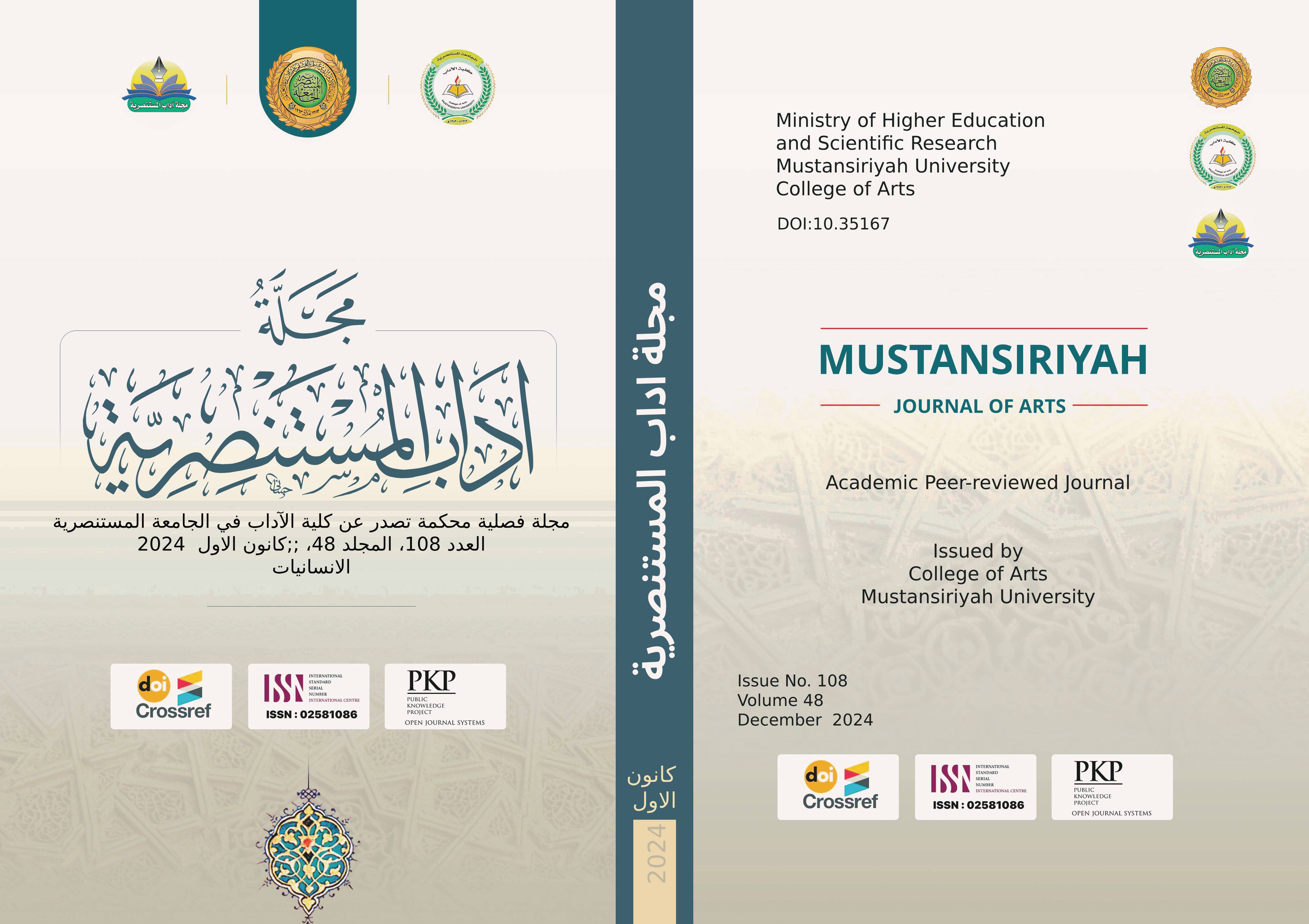حقوق الملكية الفكرية وتأثيرها على أخلاقيات البحث العلمي في البيئة الرقمية
Abstract
The study aims to knowledge the protection of intellectual property rights for university theses in the digital environment and its effect on research ethics, such as encouraging innovation, enhancing collaboration, exchange, and scientific publishing under intellectual property rights over intellectual and mental works. These include scientific and technical creations expressed and transformed into tangible forms, encompassing rights derived from human intellectual activity, such as, technical literary, scientific rights, and trademarks. The digital environment has facilitated the ease of publication and access for beneficiaries with minimal time and effort. Moreover, it has enabled artificial intelligence technologies to simulate human capabilities in learning, thinking, and problem-solving, influencing the development of creativity and innovation, including intellectual property.
The study adopted a descriptive methodology and focused on the information services available to beneficiaries in the central libraries of Iraqi universities, being centers for the deposition of university theses. The study sample was limited to the information services of university theses in the central libraries of Baghdad University and Al-Mustansiriyah University.
The study concluded with several findings, including that 38.5% of the beneficiaries rely on artificial intelligence, while 38.5% believe that using digital environment resources negatively affects the quality of research and academic content. Additionally, 30.8% perceive a negative impact from relying on digital environment resources due to issues related to the accuracy and reliability of these sources.
The study suggests raising awareness among researchers, authors, and innovators about their rights and responsibilities concerning intellectual property rights in the digital environment and periodically updating central library policies to ensure they keep pace with technological advancements to provide the best information services for researchers. It also recommends developing researchers' skills in using reliable digital environment resources that comply with intellectual property protection.
Downloads
Published
Issue
Section
License

This work is licensed under a Creative Commons Attribution-ShareAlike 4.0 International License.


